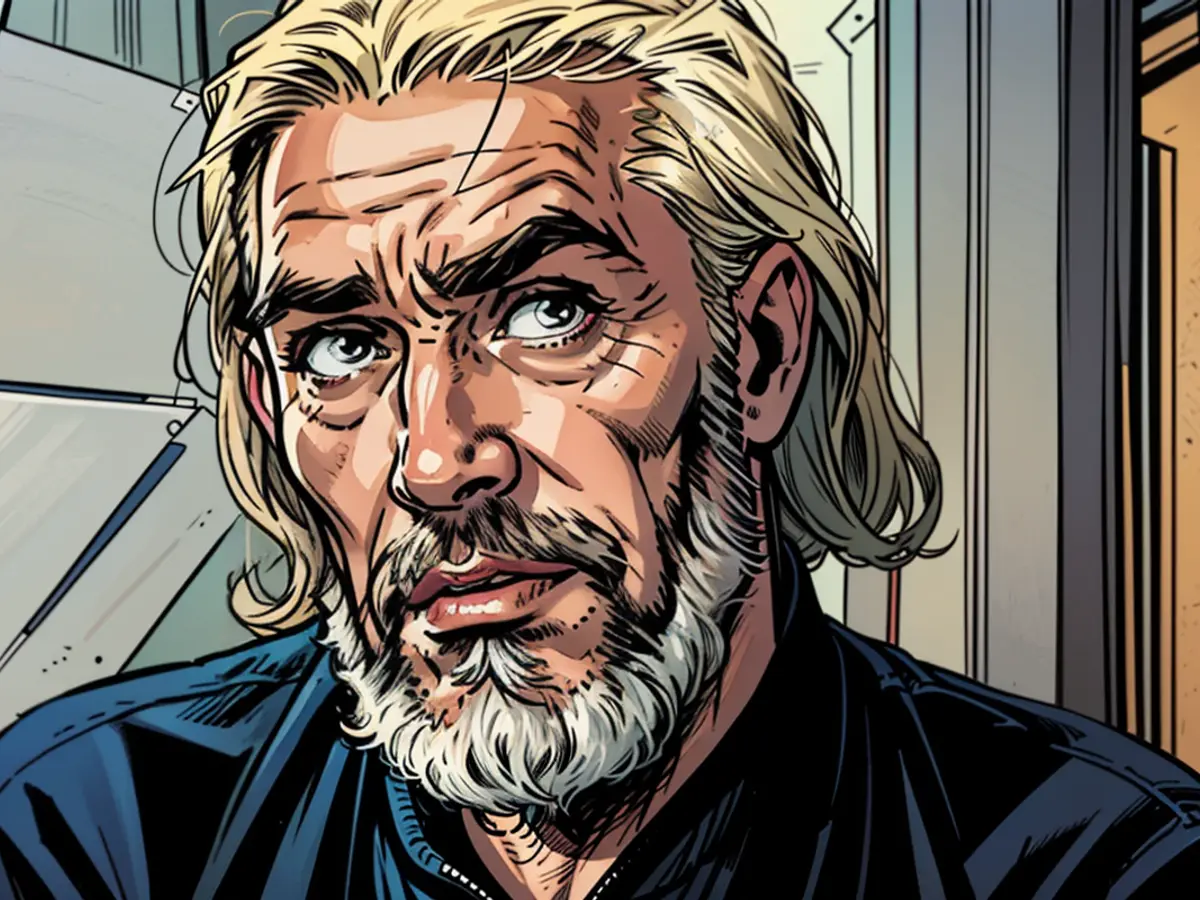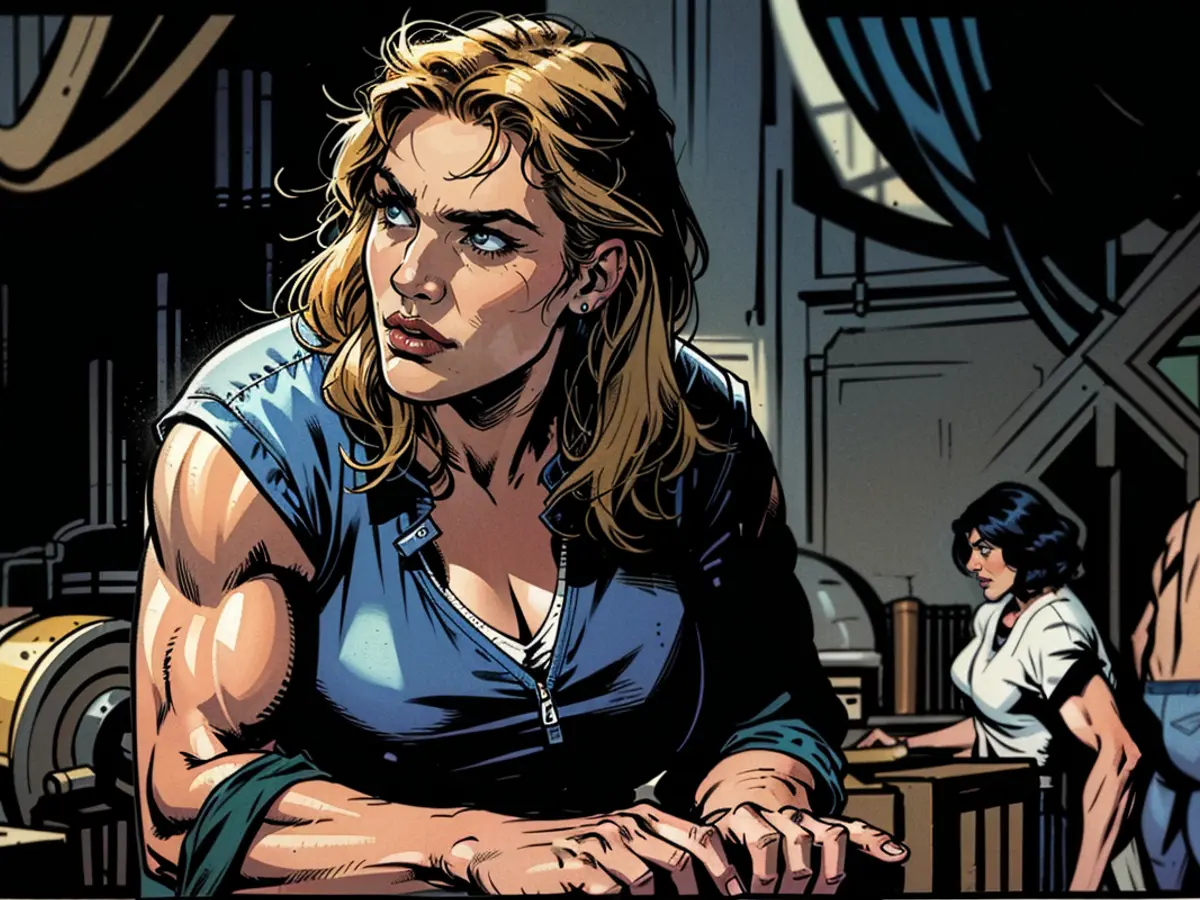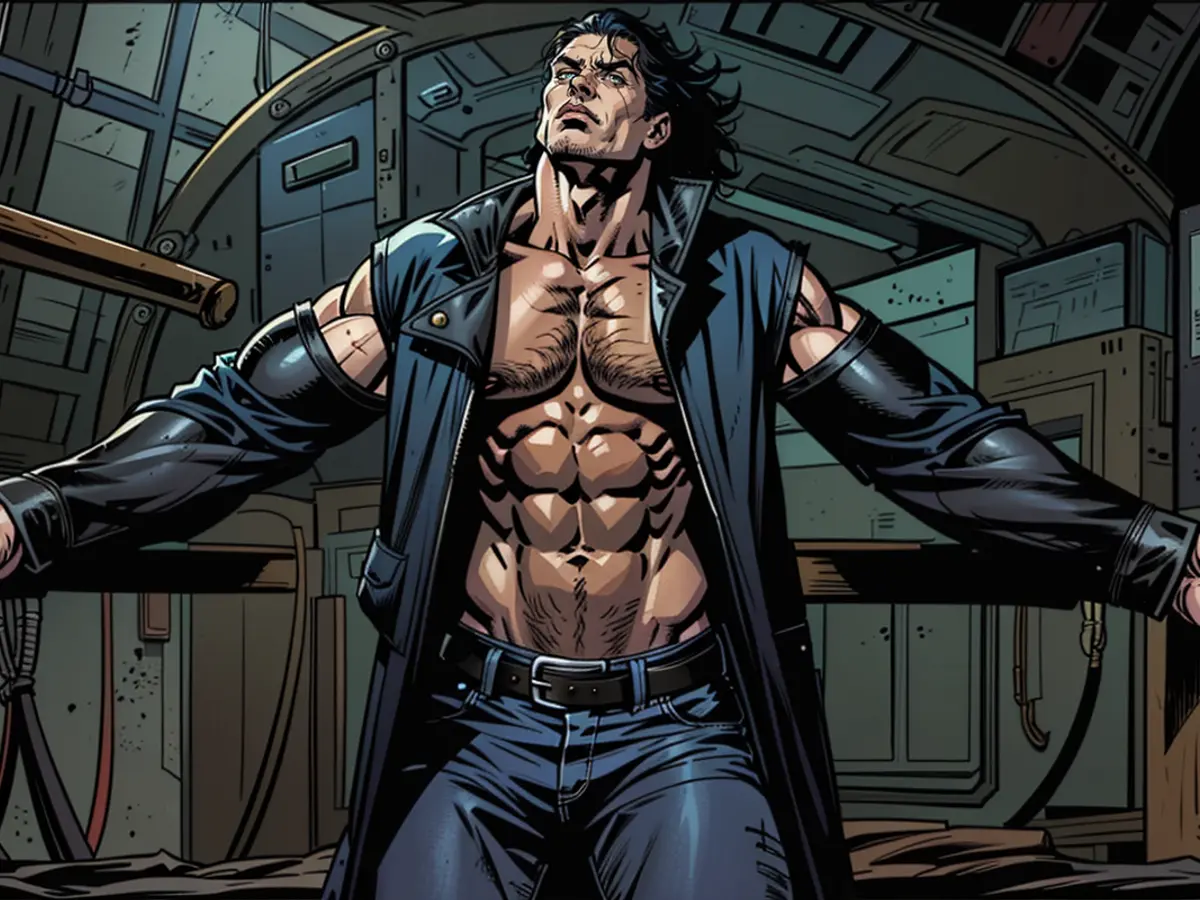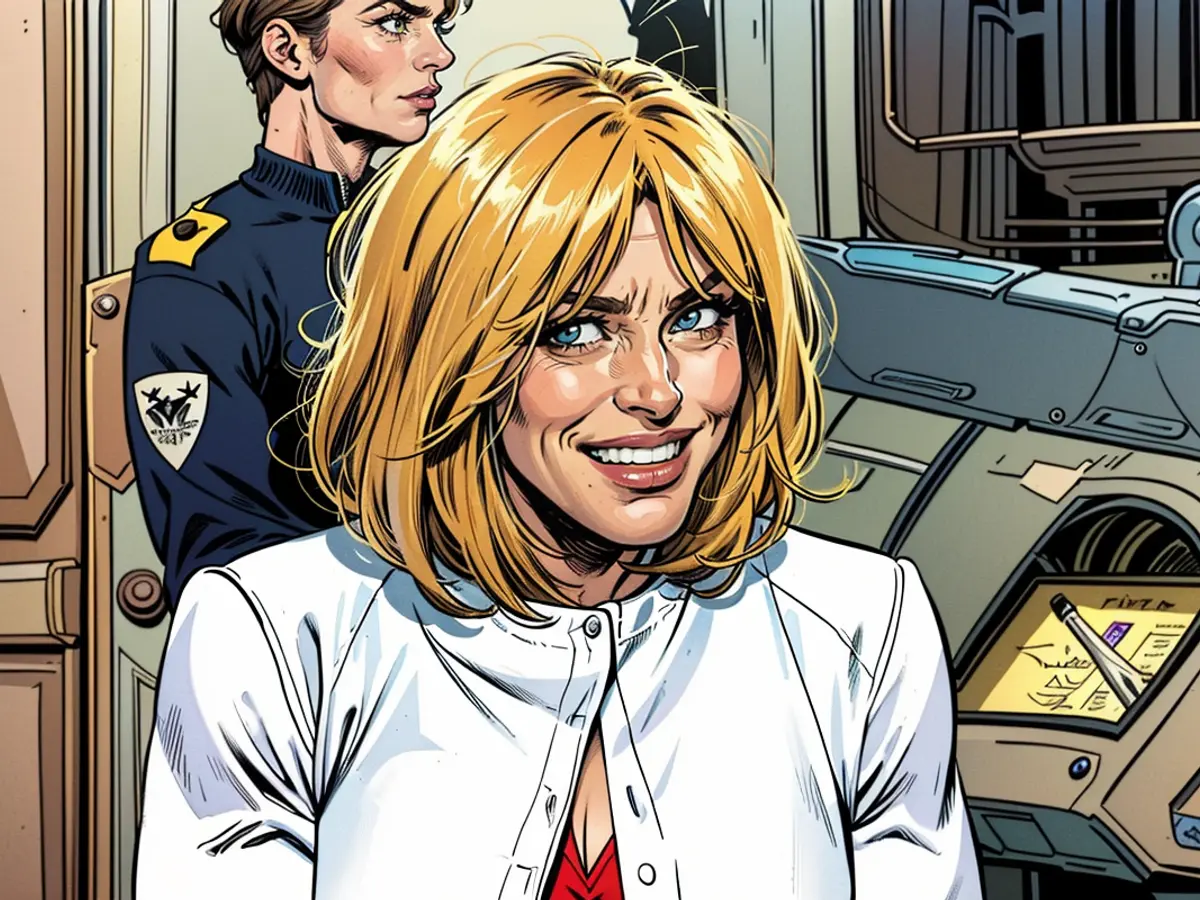Movie - Oscar for "Chinatown" - screenwriter Robert Towne is dead
Robert Towne, an renowned Hollywood screenwriter, is dead. The native Californian, who provided the source material for films such as "Chinatown," "Tequila Sunrise," and "Mission: Impossible," passed away peacefully on Monday in the presence of his family, according to his spokesperson Carri McClure. He was 89 years old.
His most famous work is the script for the crime film "Chinatown" (1974) about power, corruption, and affairs in 1930s Los Angeles. Roman Polanski directed the film, with Jack Nicholson and Faye Dunaway as the leads. The film earned eleven Oscar nominations, and Towne was the only nominee to win the trophy for the original screenplay.
Collaborations with stars like Nicholson and Pfeiffer
Towne wrote several scripts for films featuring Tom Cruise, including "Days of Thunder," "The Firm," and "Mission: Impossible." He also worked with Warren Beatty ("Shampoo," "Heaven Can Wait") and Jack Nicholson multiple times. Towne was also hired to polish screenplays for classics such as "Bonnie and Clyde" and "The Godfather."
The director also stepped behind the camera. With Mel Gibson, Michelle Pfeiffer, and Kurt Russell, he made the action film "Tequila Sunrise" (1988). For the immigrant drama "Ask the Dust," he brought Salma Hayek, Colin Farrell, and Donald Sutherland before the cameras in 2006.
Oscar nomination under a pseudonym
Besides his Oscar triumph with "Chinatown," Towne had three other Oscar chances with the scripts for "The Last Command," "Shampoo," and for "Greystoke – The Legend of Tarzan, Lord of the Apes." Towne had worked on the Tarzan comedy script for several years but then quarreled with the producers. He withdrew his author name and gave the pseudonym of his dog - "P.H. Vazak" - in the film's credits instead. Under this pseudonym, Towne was in the Oscar race in 1985. The award ultimately went to the script for "Amadeus."
- Despite the success of "Chinatown," corruption and power struggles were rampant in 1930s Hollywood, a setting that reflected the moral decay of Los Angeles during that era.
- The film's camera, capturing the dark underbelly of Hollywood, often focused on the faces of Oscar-winning actor Jack Nicholson and Faye Dunaway, embodying the film's themes of power and corruption.
- In conjunction with the release of "Chinatown," Hollywood stars like Michelle Pfeiffer and others became aware of the industry's deep-rooted issues, prompting conversations about change and accountability.
- The 1970s were a pivotal period for American cinema, with filmmakers like Roman Polanski using their platforms to expose the darker sides of society and challenge the status quo, evident in their movies like "Chinatown" and "Rosemary's Baby."
- Just as the camera in "Chinatown" uncovered hidden truths, modern film fans can still appreciate the transparent portrayal of corruption and its consequences in Hollywood history, upholding the enduring legacy of Robert Towne's work.
- Throughout his career, Robert Towne collaborated with numerous stars, including Oscar-winner Michelle Pfeiffer in the 1988 action film "Tequila Sunrise," demonstrating his unique ability to weave compelling tales that resonated with audiences worldwide.
- The 1930s setting of "Chinatown" was far from a mere backdrop; instead, it served as a powerful metaphor for the ethical decay that plagued Hollywood, contributing to the film's relevance and appeal to audiences in present-day USA.







